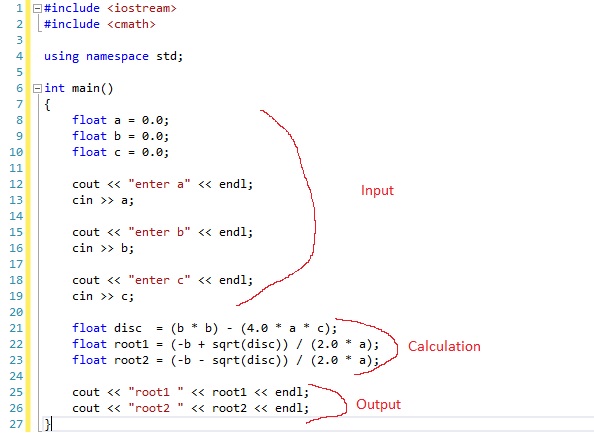I'm hesitant to help you now that I know your intention for learning assembly is hacking.
deceptikon 1,790 Code Sniper Team Colleague Featured Poster
deceptikon 1,790 Code Sniper Team Colleague Featured Poster
deceptikon 1,790 Code Sniper Team Colleague Featured Poster
deceptikon 1,790 Code Sniper Team Colleague Featured Poster
deceptikon 1,790 Code Sniper Team Colleague Featured Poster
deceptikon 1,790 Code Sniper Team Colleague Featured Poster
deceptikon 1,790 Code Sniper Team Colleague Featured Poster
deceptikon 1,790 Code Sniper Team Colleague Featured Poster
deceptikon 1,790 Code Sniper Team Colleague Featured Poster
deceptikon 1,790 Code Sniper Team Colleague Featured Poster
tux4life commented: Nice tip about sizeof ;) +13
ddanbe commented: The way to answer! +14
tux4life commented: Like a boss! :D Wise words in the signature too ;) +0
deceptikon 1,790 Code Sniper Team Colleague Featured Poster
deceptikon 1,790 Code Sniper Team Colleague Featured Poster
deceptikon 1,790 Code Sniper Team Colleague Featured Poster
